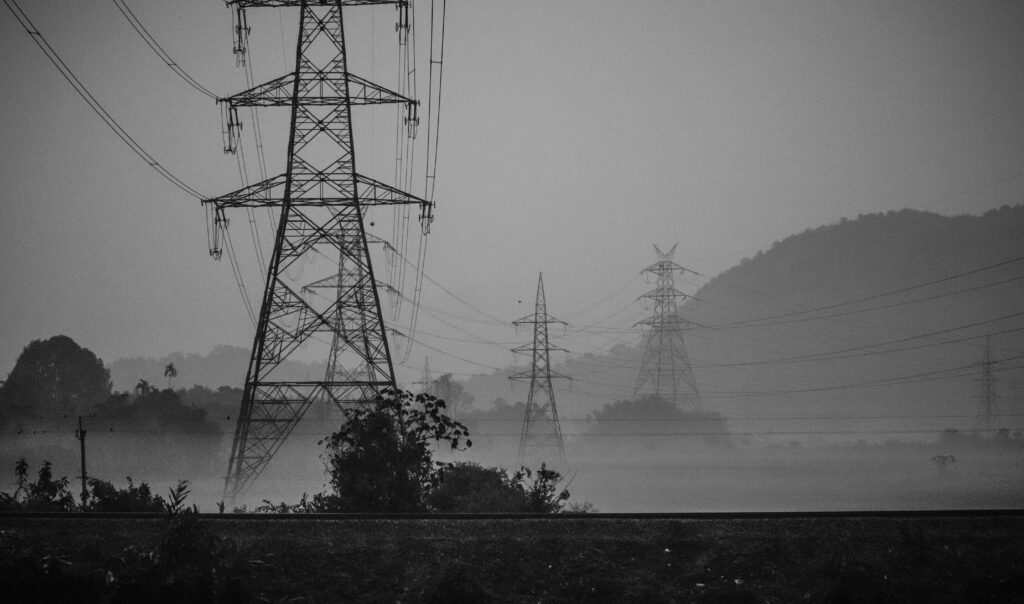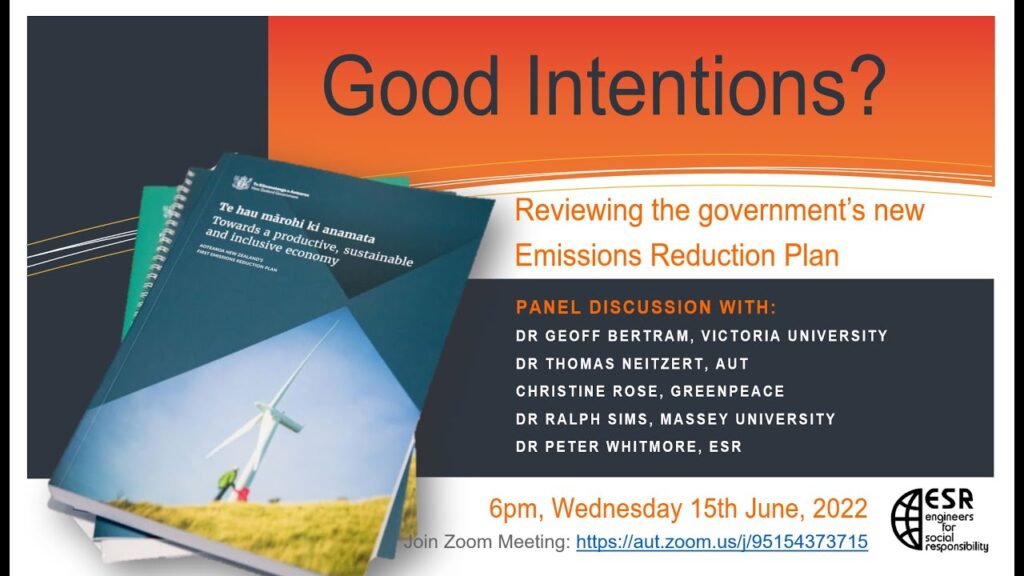Posts Tagged ‘Primary industries’
Watch video: Drone technology and its impacts on society
Hear Dr Karl Stol from the University of Auckland speak about drone technology. Drones have positively contributed to society by enhancing efficiency, safety, sustainability, and accessibility across various sectors. However, like many new technologies, drones come with public concerns such as privacy and airspace congestion. This presentation introduces emerging drone technology and explores its role in balancing societal benefits and mitigating negative impacts.
Read MoreFebruary 2024
CONTENTS
– COP28’s potential impact on climate change
– Human ‘behavioural crisis’ at root of climate breakdown, say scientists
– Carbon released by bottom trawling
– India rebuilds coal stocks to ensure electric reliability
– World groundwater levels showing ‘accelerated’ decline
– Short extracts from Reuters website
– French farmers
– Solid state batteries update
– Information from Energy Source and Distribution magazine, Jan/Feb 2024
– Some recent statistics
August 2023
CONTENTS
– Tracking Clean Energy Progress: IEA Report
– Selected charts tracking how countries are meeting their commitments to reduce GHG emissions
– China’s Climate Priorities
– Exxon Mobil 2023 energy outlook
– Calls for crackdown on fossil fuel company greenwashing
– Solar power cell innovations break key energy threshold
– Mining giants trial world-first hydrogen pilot for alumina
– South Korea’s Kepco joins Western Australian hydrogen hub
– Prospectors hit the gas in the hunt for ‘white hydrogen’
– $4.6 billion plant in South Africa will make ‘the fuel of the future’
– Farmers on frontline as Dutch divided by war on nitrogen pollution
– World’s largest ‘wood city’ to be built in Stockholm
– Attending ESR Committee Meetings – A request for feedback
Realising our Hidden Treasure
This is a response from Engineers for Social Responsibility (ESR) to the IPENZ report Realising Our Hidden Treasure: Responsible Mineral and Petroleum Extraction.
Read MoreSubmission to the Process Heat in New Zealand: Opportunities and Barriers to Lowering Emissions
While the Process Heat in NZ report covers a lot of useful points, and while a few organisations have already achieved significant reductions in their emissions, for many others fossil fuels remain the simplest, lease expensive and best understood option to provide heat. Moving away from them would require capital funding, installation of new equipment and processes, and the expertise to achieve this. If the carbon price were sufficient to drive change, then this change would happen.
Read MoreGood Intentions? Reviewing the Government’s New Emissions Reduction Plan
New Zealand’s first emissions reduction plan was released by the Ministry for the Environment on 16 May 2022. An expert panel offered its reaction and comments on the government’s emission reduction targets and on the policies and strategies to reduce emissions for sectors such as transport, energy, waste, building construction and agriculture. Challenges lie ahead if we are to make an appropriate contribution to global efforts to limit temperature rise to 1.5°C.
Read MoreA New Perspective on the Importance of Methane in New Zealand’s Greenhouse Gas Emissions
Recent analysis shows that in the relatively short timeframe available to curb our carbon emissions, it is even more important than we thought to get on top of our methane emissions. This is not an easy message to get across in New Zealand, which relies heavily on its agricultural economy.
Read MoreCarbon Dynamics in New Zealand’s Native Forests
Native forests play an important role in storing and sequestering carbon in the New Zealand landscape. They do not sequester carbon as quickly as pine forests but can provide significant carbon stores and sinks, as well as a range of other benefits.
Read MoreClimate Change and Primary Industry in New Zealand
The annual carbon dioxide equivalent of total global emissions is about 49 Gigatonnes (49 thousand million tonnes), using figures from 2010. Of this, ‘Agriculture’ produced about 11% (mostly as methane, but also N2O). Other ‘Land use,’ including carbon dioxide release from forest and peat burning, produced about 10%.
Read More






